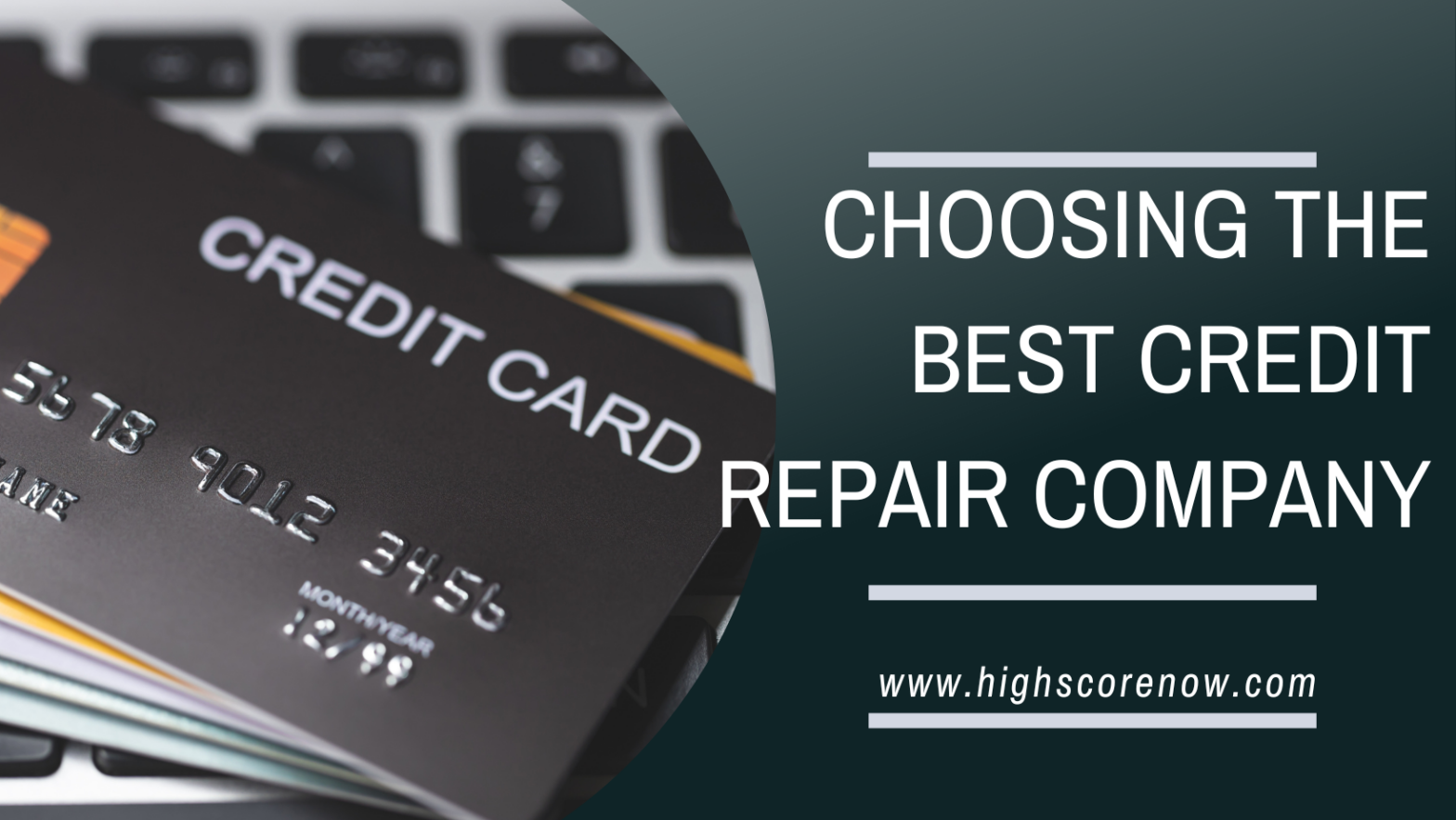In order to be eligible for a loan, you must demonstrate that you can repay the debt to the lender. This is typically evaluated by inspecting your credit report from a Credit Bureau. This report provides the lender with the necessary information to build a thorough profile of your credit risk.
Lenders will use the information gained to see how much you qualify for and if you will be accepted for a loan amount. Various elements are taken into consideration when deciding your credit limit and loan approval. The criteria that creditors utilize to assess your borrowing capacity are referred to as the 5 Cs of Credit.
If you can master any of these five elements, then you will be in a better position to qualify for higher loans.
The 5 Cs of Credit
The 5 Cs of Credit are a set of criteria that are used to assess the creditworthiness of an individual. Understanding these 5 Cs is essential for obtaining the best possible loan terms.
When someone applies for a loan, banks and other lending institutions use the 5 Cs of credit to evaluate the borrower’s creditworthiness and overall financial situation. This system allows lenders to take into account factors such as the applicant’s ability to repay the loan, their credit background, and the risk linked with the loan request.
The 5 C’s are: Character, Capacity, Capital, Collateral, and Conditions.
Let us examine each of these aspects in more detail and explore why they are significant.
- Character: This is evaluated by checking the borrower’s payments and credit behavior. Loan providers will look into the applicant’s credit report, including any payments made and debts owed.
- Capacity: This involves the ability to pay back a loan you have requested. Lenders will investigate the amount of money coming in to make sure it is enough to handle the debt. In the event that the income is too low, the borrower may be deemed a risky choice.
- Capital: This is linked to the borrower’s net worth or assets. Loan providers will assess their financial situation to make sure they have enough assets to cover the loan in the event of non-payment. If the applicant holds any relevant investments, they may be seen as a less risky option.
- Collateral: This is the value of the assets that the borrower can put forward as security for the loan. Lenders will typically ask for collateral to reduce their risk in the case of a default. The value of the collateral will be analyzed to make sure it is adequate to cover the loan.
- Conditions: This is in reference to the borrower’s financial situation and the state of the economy. Loan providers will look at the borrower’s industry, the economic landscape, and other factors which may affect their ability to repay the loan.
How To Improve Your 5 Cs of Credit
Change Your Habits
Your credit report serves as a record of your financial conduct, which lenders assess in order to determine if you are reliable enough to grant a loan. If you are guilty of misusing loans, defaulting, or making late repayments, it’s time to make a change. Let’s break down 3 strategies that will increase your likelihood of loan acceptance:
- Ensure your loan repayments are on time to show lenders that you meet your loan obligations punctually and in full. They are more likely to trust you if you do this.
- Update your credit report regularly and get a clearance certificate once you have cleared all your loans.
- Stay away from practices that promote bad credit like exceeding your credit limit or becoming overly reliant on loans. When dealing with credit cards, ensure you pay your bill on time, and if you can’t, at least pay the minimum amount. Furthermore, stay away from tactics like co-signing for somebody with a low credit score or taking out numerous loans at once.
Work on Improving Loan Repayment Capability
When trying to raise your credit, demonstrate to a loan provider that you are capable of settling a loan. They will take into consideration your wages, current debts, and salary to evaluate your credit capacity. Do you have a job that is likely to provide enough money to make loan payments? Are you self-employed?
Improve your capacity in the following ways:
- Reduce Your DTI: This is the rate of your monthly income that goes toward repaying debts. The lower your DTI, the better your credit capacity. Therefore, work on increasing your earnings and paying off any outstanding debts to reduce your DTI.
- Have Multiple Streams of Income: Are you self-employed or employed in a job that does not provide secure income? Consider multiple income streams like rental income, freelance work, or a part-time job. By exhibiting steadiness in your income, you can improve your credit capacity and raise your chances of getting approved for a loan.
Grow Your Capital
Your financial standing is what one would refer to as capital. It indicates what available assets you have that are not currently pledged to a debt. Lenders will want to be assured that you have assets such as real estate, property, investments, or money in the bank to use as collateral when you don’t have sufficient income.
What would happen if you no longer had the means to make loan payments?
Loan providers take into consideration your capital when evaluating your creditworthiness, however, it is not given to them as collateral for the loan.
In order to grow your capital, it is advisable to:
- Set up an Emergency Fund to serve as your financial standing: Setting aside a portion of your income in a savings account for emergency use can help you avoid difficulties if unexpected expenses or financial hardships arise. This can be a safeguard against defaulting on loans or credit payments, which can have an adverse effect on your capital.
- Be prepared to liquidate your assets: Have a ready stock of assets that can easily be converted to cash. This can be resources or other investments that you can sell in a hurry. Holding these assets allows you to display to loan providers that you have a strong economic base and are less likely to fail to make payments.
Strengthen Your Security
When a loan is taken out, collateral can be put up by the borrower to guarantee repayment. It is essential to be aware of any available collateral, especially for secured lenders. If a person has a poor credit score or financial capacity, collateral can be a helpful resource to obtain a loan.
However, in order to be accepted as a form of collateral, the lender must set their own threshold. The loan-to-value (LTV) ratio must be satisfactory for the lender.
The manner in which you enhance your collateral will be dependent on the type of collateral you possess. When you are looking to borrow with external collateral, such as for personal loans, mortgage refinance, and logbook loans, there are three ways to increase your Loan-to-Value ratio. These include:
- Improve the worth of your collateral: If you would like to use your house as a form of security, you can make investments in renovations to lift its market value before seeking a loan from a lender.
- Lower your debt-to-collateral ratio: Creditors focus on the amount of debt you have compared to the collateral. For instance, if you have an existing debt on your house, the ratio can be quite high as you will have less equity. Therefore, it may be difficult to acquire a larger loan.
- Obtain a co-signer: This individual can help you qualify for a more substantial loan by using their own assets as a form of security.
Enhance Borrowing Conditions
When compared to the other 5 Cs of Credit, conditions are much more expansive. Prior to providing you with a loan, lenders will take into account factors which you have no control over. They may examine the current economic climate and the systematic risks that come with it, such as currency or interest rate risks.
In order to enhance the last C on your credit report when you take out a loan, here are some tips:
- Have a clear goal: Loan providers want to be sure that you will be using the money for a valid reason and that you have a plan to repay it. Whether you’re establishing a business, funding your education, or making a large purchase, having a clear goal in mind for the loan can increase your chances of your loan being approved.
- Grow your assets: Think about any resources you can use as security, such as real estate, vehicles, or investments accounts. Having these assets in your portfolio allows you to use them when you need to take out a loan.
- Time your borrowing: The economic environment can have an effect on lending conditions, and lenders take this into account when looking at your loan application. When interest rates are low, it might be a good idea to borrow, as you may be able to get a lower rate. On the other hand, if the economy is facing a recession or high systematic risk, lenders may be extra cautious when giving out loans. Consider timing your borrowing so that you can take advantage of favorable economic conditions.
Benefits of High Credit Scores
- You will get lower interest rates and more attractive loan terms. This can save you thousands of shillings throughout the loan’s lifetime.
- You get a shorter and faster loan application process.
- You might be hired by an employer easily as higher credit scores demonstrate financial integrity.
- It increases your negotiating power with lenders. Enabling you to choose the best loan terms as most lenders will be competing to do business with you.
CONCLUSION
It is important to note that it takes sustained hard work to boost credit scores; this means keeping up with solid financial practices and handling debt reasonably. The 5 Cs can be a beginning point, but they are not the only elements a lender will look at.

Thank you for reading our article. We hope you learned new ways to battle creditors and banks while protecting yourself.
We would encourage you to become a member of HigherScoreNow.com and start to leverage all the benefits of having good credit. You deserve this.





